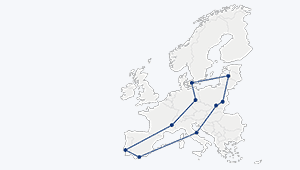
Changes and conflicts in using public spaces
A core USER idea is that the design of urban public spaces and the main goals of urban planning are challenged by rapid changes in how cities are used. New trends in how public spaces are used, what the new users’ needs are, increasing malfunctions and conflicts among uses, etc., are challenging the way the city is usually “produced”, designed and managed. This approach entails a process of users involvement as a crucial dimension of public spaces planning and management. Indeed “users experience” is one of the main inputs to understand how the spaces are used and what kind of conflicts are taking place. The USER project will work on the three main aspects that, according to us, constitute a "good public space":
a) Friendlier and more interactive social-public spaces by solving malfunctions and conflicting uses,
b) Safer public spaces in a friendlier city
c) Cleaner, better-maintained and upgraded public spaces for a more efficient city.
Timeline
Integrated Action Plans
-
Grenoble
-
 Lisbon
Lisbon -
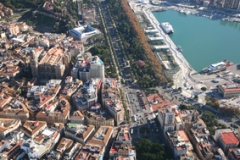 Málaga
Málaga -
 Pescara
Pescara -
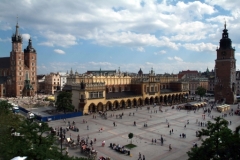 Krakow
Krakow -
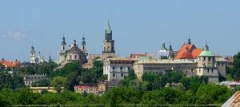 Lublin
Lublin -
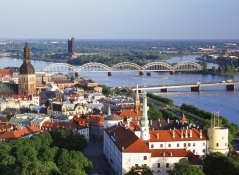 Riga
Riga -
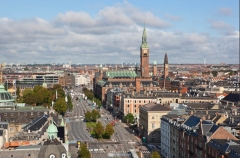 Copenhagen
Copenhagen -
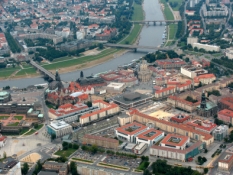 Dresden
Dresden

